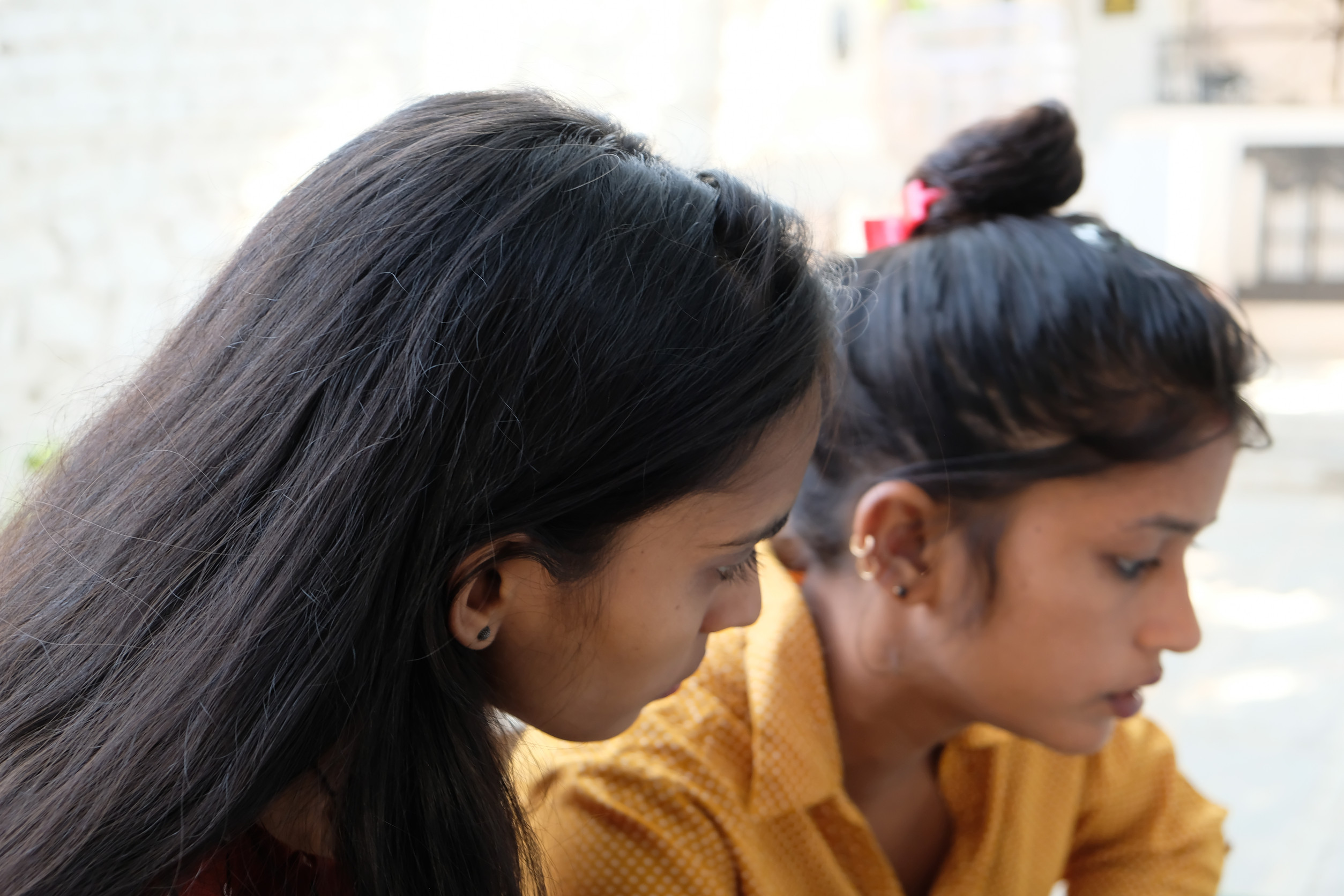BY THE OPTIMIST DAILY EDITORIAL TEAM
Women’s rights advocates applauded the Supreme Court of India’s judgment, which stated that a woman’s lack of marital status could not restrict her ability to choose to terminate a pregnancy at any time up to 24 weeks.
The historic Roe v. Wade ruling, which had legalized the operation in the US, was overruled by the US Supreme Court in June, igniting a global debate on the right to abortion.
According to India’s Supreme Court Justice D.Y. Chandrachud, “Even an unmarried woman can undergo abortion up to 24 weeks on par with married women,” stating that a woman’s marital status could not deny her of the right.
The Medical Termination of Pregnancy Act
The Medical Termination of Pregnancy (MTP) Act, which dates back to 1971, had only allowed married women, divorcees, widows, minors, “disabled and mentally ill women,” and survivors of sexual assault or rape to have the procedure.
The top court also said that under the MTP statute, sexual assault committed by husbands might be referred to as “marital rape.” Although there are efforts to change this, marital rape is not considered a crime under Indian law.
According to the court, forced pregnancy in married women qualifies as marital rape for abortion purposes.
The ruling last Thursday was in response to a petition from a 25-year-old woman who said her pregnancy was the consequence of a consenting relationship but that she had tried to get an abortion when the relationship failed.
A tremendous stride ahead for women’s rights
According to advocates, the decision represents a turning point for Indian women’s rights. Parliamentarian Mahua Moitra tweeted that it was “A tremendous stride ahead.”
Karuna Nundy, a gender law expert and Supreme Court attorney, referred to the ruling as a milestone decision, telling Al Jazeera: “I think in a world where the US is moving backwards and failing to recognize women’s right to their own bodies, this judgment is based on the privacy of the body and non-discrimination between married, and unmarried, separated or divorced women. It recognizes all these rights in constitutional and affirmative terms.”
Karuna Nundy also tweeted: “In an era that includes Dobbs vs. Jackson and makes distinctions between the marital status of women who are raped – this excellent judgment on abortion under the MTP Act hits it out of the park.”
The decision would have a significant impact on how women’s rights are viewed under the Indian constitution, according to Aparna Chandra, a professor at the National Law School in Bengaluru who is interested in reproductive justice.
As Chandra put it: “This is a very important judgment not for the specific issue before the court but also broadly for women’s rights. The women around the world are fighting for their rights. Any decision of this sort has ramifications not only within India but also across the world.”











